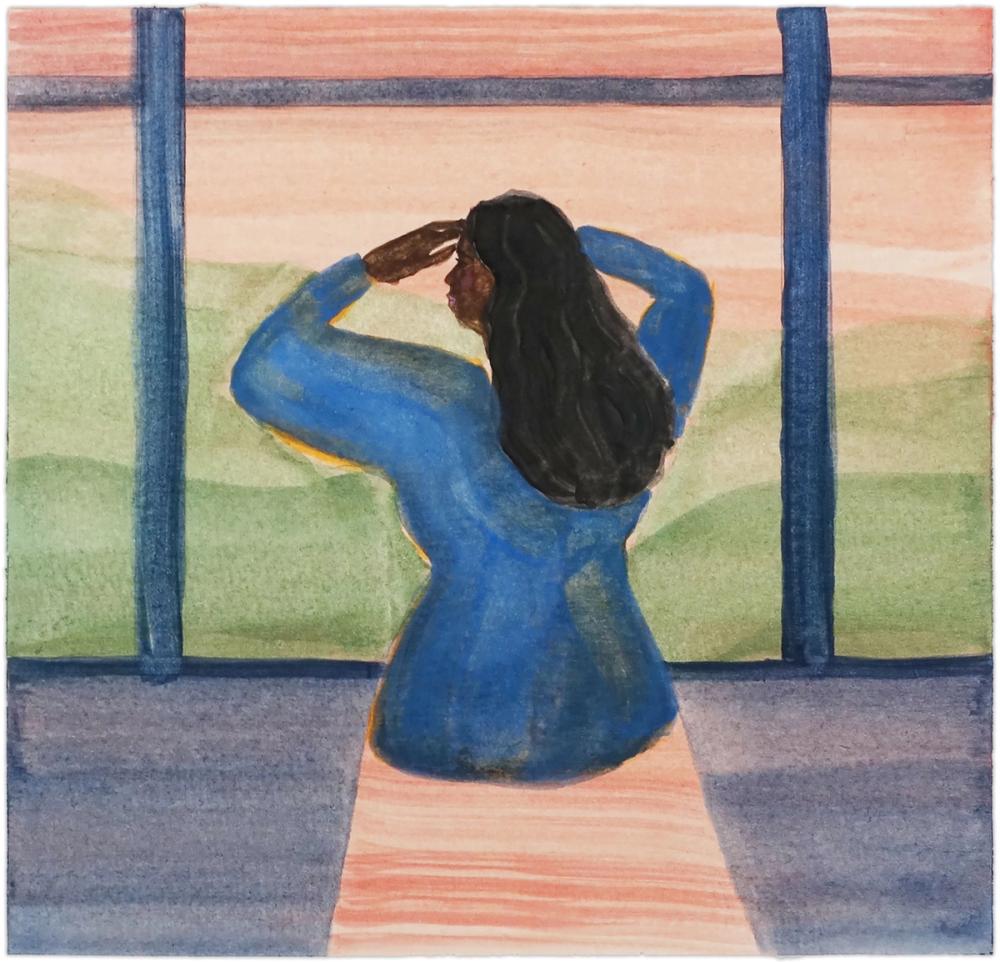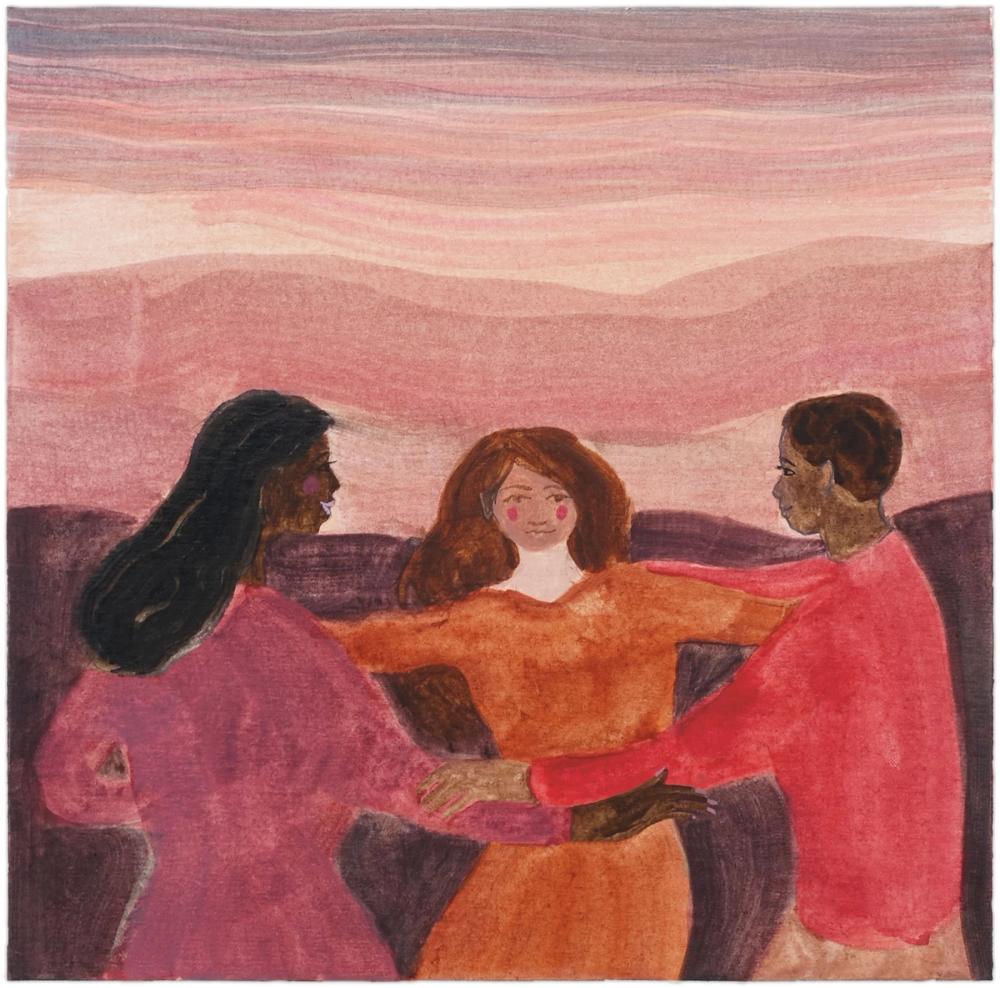More Reads
Intertidal Learnings From the Land and Sea
JC Niala explores the transmission of hands-on environmental knowledge, from Lake Victoria to Oxford, before turning to the Isle of Sheppey’s Intertidal Allotment. This community garden embraces intertidal movements, allowing organisms including algae, seaweeds, funguses, and crustaceans to thrive. This article was jointly commissioned by It’s Freezing in LA! and North Kent arts organisation Cement Fields. Together with artist Andrew Merritt, Cement Fields are currently working to establish the Intertidal Allotment as a space for human and non-human community alike. This article was originally published in Issue 11: Knowledge, you can pick up a copy here.
By JC NialaKeep readingThe Rural Idyll?
Are you a climate tech acolyte or an energy maximalist? A climate urbanist or an eco-globalist? Eirini Sampson takes a deep dive into forms of ‘neo-pastoral’ environmentalism that advocate returning to rural livelihoods – finding a controversial and fragmented community. Edited by Jackson Howarth.
By Eirini SampsonKeep readingDo Not Strut Arrogantly Around the Earth: fostering Muslim climate activism
Across the world, many Muslim-majority communities are disproportionately feeling the impacts of the climate crisis. Zainab Mahmood takes a look at the relationship between environmentalism and Islam in the UK and beyond. She talks to community leaders about challenges to participation, using Islamic teachings to inspire action, and encouraging greater cohesion amongst Muslim-led environmental projects. Illustrated by Laylah Amarchih.
By Zainab MahmoodKeep reading

